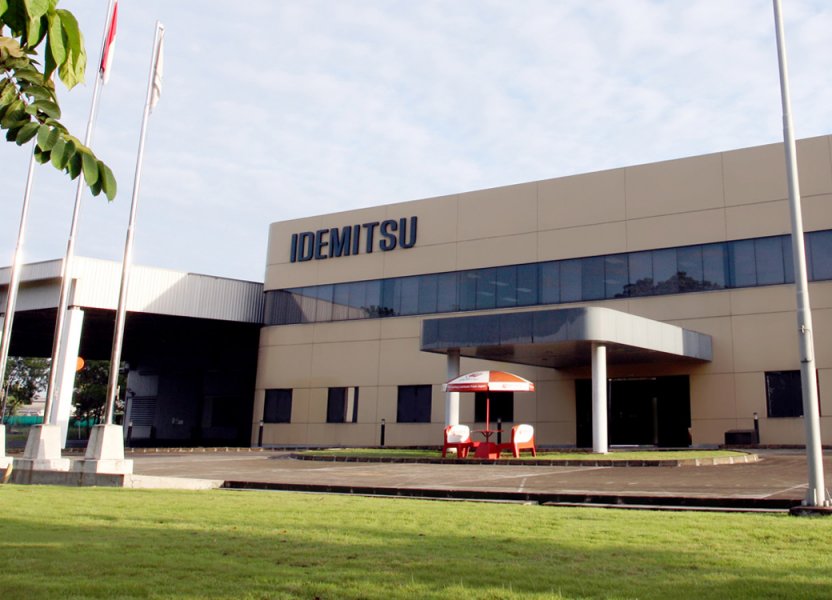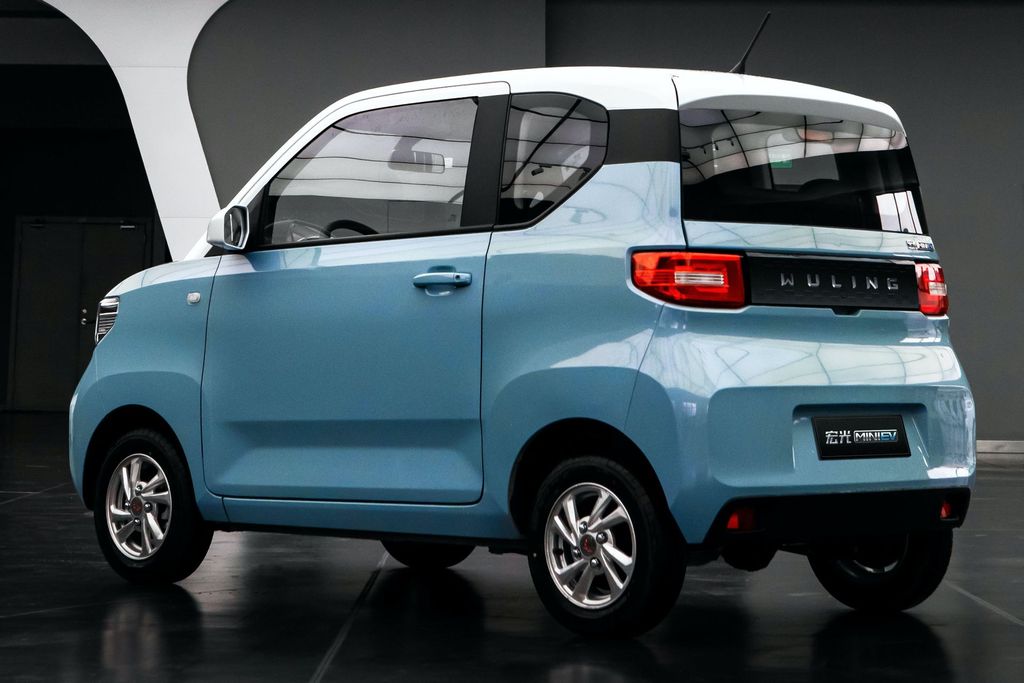Idemitsu Kosan, Japan’s second largest oil trading company, plans to close one of its refineries in Yamaguchi Prefecture by the end of March 2024.
The refinery contributes 13% of Idemitsu’s total refining capacity, with a capacity of 120,000 barrels per day (bpd). The closure of the refinery was triggered by the widespread use of electric cars which made the demand for fuel fall.
“The company has concluded that gasoline demand will continue to decline as electric cars become more popular,” Idemitsu said in a statement.
Idemitsu controls the Yamaguchi refinery through Seibu Oil, an affiliate in which he owns 38% shares with various local companies. Idemitsu will buy shares in those companies, including UBE and Chugoku Electric Power Co., before closing the refinery operations.
Around 400 refinery employees will be retained and offered reassignment to other refineries within the group of companies.
Idemitsu will then consider turning the refinery into a base for developing next-generation energy sources, such as hydrogen and ammonia that do not emit carbon dioxide when burned. The demand for this new energy source is also expected to increase.
With fuel efficiency and electrification advancing, the demand for gasoline continues to decline. Oil refiners in Japan have been working to remove excess capacity to balance supply and demand.
According to the Japan Petroleum Association, the country’s crude oil processing capacity at the end of March 2021 was 3,457,800 bpd, down 35% over the past 20 years. However, demand fell faster than the reduction in processing capacity, while fuel sales fell 38% over the same period.
“Japan’s refineries are old and smaller compared to South Korea and other neighboring countries, and their export competitiveness is not high. The level of operations is declining along with profitability,” the Japan Petroleum Association said.
In addition to Idemitsu, Eneos Holdings, Japan’s top oil wholesaler, will close its refinery in Osaka and reduce capacity at its Negishi refinery in Yokohama. In January 2022, the company also decided to close the Wakayama refinery. Idemitsu decided to follow him.
In preparation to move into the electrification era, oil wholesalers are not only reducing capacity at “upstream” refineries but also looking for ways to eliminate gasoline at “downstream” service stations.
Eneos obtained the rights to operate more than 4,000 electric vehicle chargers nationwide from NEC. The company aims to transform itself into one of the largest EV charging businesses in Japan by installing facilities at service stations.
Idemitsu also plans to use the service station as a base for food and beverage deliveries, as well as medical services. Cosmo Energy Holdings will also consider installing electric car chargers at its service stations.







